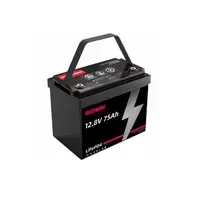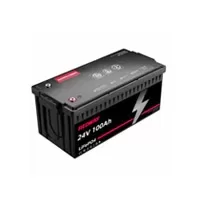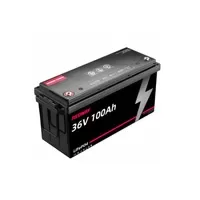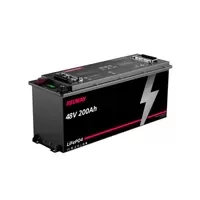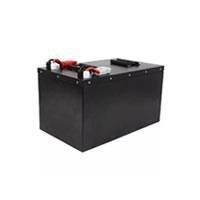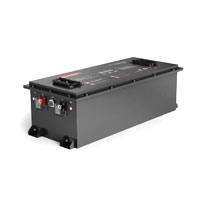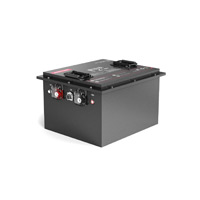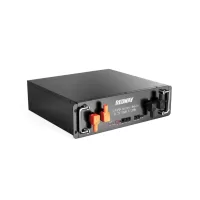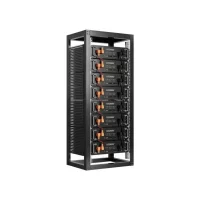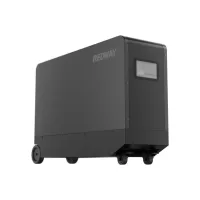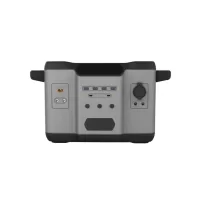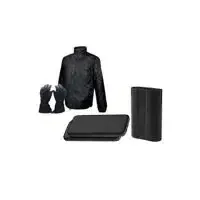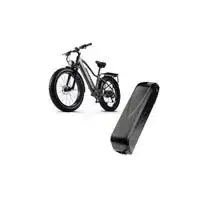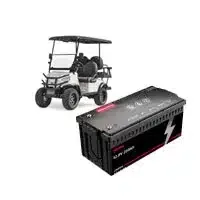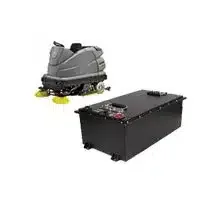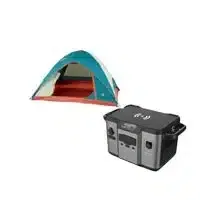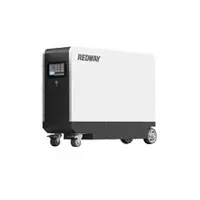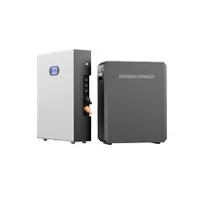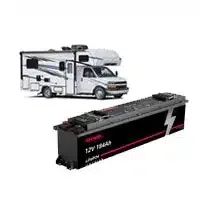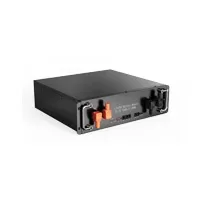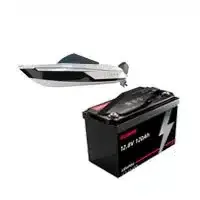(Click to Get a Quick Quote!)

If you’re considering the purchase of a golf cart or Low-Speed Vehicle (LSV) in North Carolina, understanding the state’s specific laws is essential for safe and legal operation. Here’s an overview of North Carolina’s Golf Cart Laws to help you stay informed:
Differentiating Golf Carts and LSVs:
- Speed Distinctions:
- Golf Carts: Typically capped at 15 or 20 mph.
- LSVs: Have a minimum speed of 20 mph, often reaching 35 mph or more. LSVs must have a Vehicle Identification Number (VIN).
- Safety Features:
- LSVs: Equipped with safety features, making them DMV and DOT approved, unlike golf carts.
North Carolina Golf Cart Laws:
- Driver Requirements:
- Must be at least 16 years old with a valid driver’s license.
- Golf carts lack safety mechanisms, making them unsuitable for those under 16.
- Insurance and Registration:
- Drivers need liability insurance, and the cart must be registered with the DMV.
- Operating Conditions:
- Golf carts can be driven anytime if equipped with 2 headlights and taillights; otherwise, restricted to daylight hours.
- Legal only on streets with a speed limit of 35 mph or less.
- Alcohol Restrictions:
- Same alcohol-related laws apply as with regular vehicles, including potential DWI charges.
North Carolina LSV Laws:
- Driver Qualifications:
- LSV drivers must be 16 years old with a valid driver’s license.
- Required Equipment:
- LSVs must have various safety features, including headlights, tail lamps, horn, windshield, mirrors, seat belts, parking brake, turn signals, reflectors, and VIN.
- Alcohol Restrictions:
- Prohibited from operating under the influence, similar to golf carts.
Registering an LSV with the Department of Motor Vehicles:
- Requirements include a driver’s license, proof of liability insurance, bill of sale, inspection, and VIN.
- Payment of fees is necessary for LSV registration.
Understanding the distinctions between golf carts and LSVs, complying with safety regulations, and adhering to driver qualifications are vital for lawful and secure operation on North Carolina roads. Whether for entertainment or practical transportation, these vehicles can offer convenience when operated within the guidelines of the state’s laws. Stay informed, drive responsibly, and enjoy the benefits these vehicles bring to specific situations.
Links
North Carolina Department of Transportation
National Highway Traffic Safety Administration (NHTSA)
Related Posts
- Virginia Golf Cart and LSV Laws Unveiled
- US Lithium Battery Manufacturing and Import Regulations
- UK Government Solar Energy Policy 2023 – 2024
- UK Feed-in Tariffs and Smart Export Guarantee to Encourage Rooftop Photovoltaic Installation
- Sweden Energy Policy 2023, How Homeowners Benefit From Tax Reductions
- South Carolina Golf Cart and LSV Laws: A Comprehensive Guide


